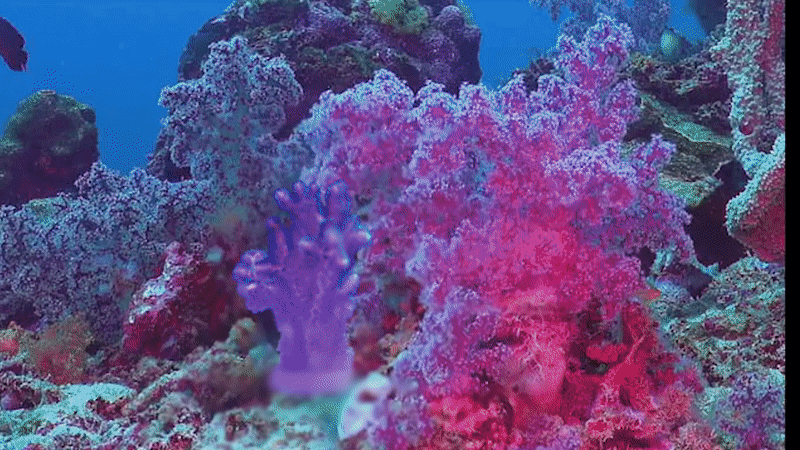Harnessing data advances in systems biology to design a biological 3D printer


News: We hosted a special session at GLBIO 2021 on Genotype to Phenotype, including this talk posted on the ISCB YouTube channel.
We hosted a sucessful workshop at PSB 2021. Learn more here.
Corals are important natural resources that are key to the ocean’s vast biodiversity and provide economic, cultural, and scientific benefits. As a result of human activities, locally and globally, coral reefs are declining rapidly.
This project brings together experts in computer science, materials science, and biology to harness the data revolution in biology with machine learning to study how corals grow and function, when viewed as if they were manufacturing sites in the ocean. The study will focus on three key coral capabilities:
- They create calcium carbonate skeletons that provide 3D structures for diverse sea life to live in.
- They can heal damage to their tissues.
- They live with the other organisms in a process called symbiosis.
Through these remarkable abilities, corals can “print” resources for themselves and hundreds of thousands of other species, just like a 3D printer. The goal of this project is to understand these processes well enough to control them in the lab. This project may allow finding new ways to help coral survival, by deciphering the reasons why certain conditions damage them and find ways of repairing them. Furthermore, by synthetically growing corals, new types of materials may be identified for manufacturing.
This project will provide a data-driven framework and toolset to learn from, control, engineer, and manufacture a combined form of living material, the “synthetic coral”, thereby opening new avenues for material synthesis and manufacturing. The research methodology will offer new analytical approaches to identify and quantify the parameters that govern coral growth and foster innovative new tools for controlling their growth. To understand the key functions of coral biology of biomineralization, wound healing, and symbiosis, this research will:
- Harness and analyze large amounts of coral ‘omics data to decipher critical molecules and their interactions for the aforementioned key functions
- Experimentally validate the resulting predictions in coral individuals and cell lines
- Manipulate the material properties of the calcium carbonate structures of the coral individuals and cell lines
- Test the biological and physical interactions in a network model of the “synthetic coral”
Here's an article about the project spotlighting JK Yang posted by University of Washington
Here's an article about the project spotlighting Nastassja Lewinski posted by VCU
Here's an article about the project spotlighting Lenore Cowen's role in the project posted by Tufts.